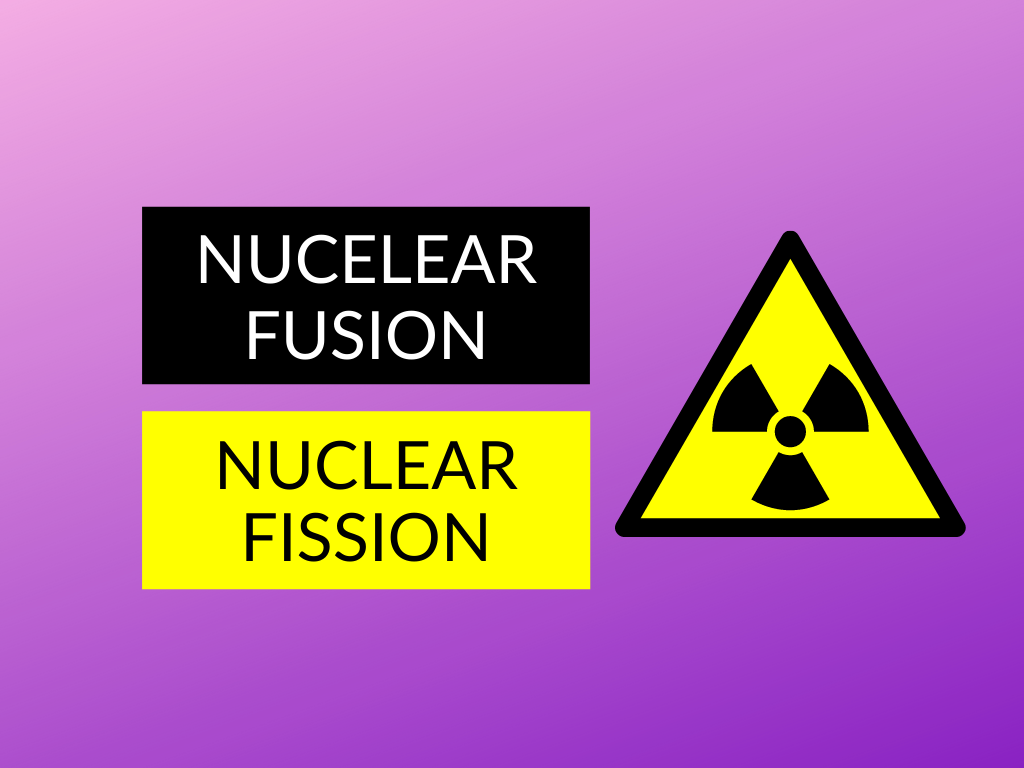
Fusion reactors, unlike fission reactors, cannot continue a chain reaction in the case of fusion processes hence they never melt down.Nuclear Fusion Has a Benefit Over Nuclear Fission One type of fusion bomb is a hydrogen bomb. Some of the main fuels utilized in the experimental process of fusion power plants are the hydrogen isotopes Deuterium and Tritium.Ī fission bomb is a particular type of nuclear weapon, sometimes called an atomic bomb or an atomic bomb. The fission process in power plants uses uranium as one of the main fuels. The fusion process is one of the experimental power production methods. The fission technique is applied in the nuclear power plant.

The atoms are broken apart with relatively little energy in this process.įor the nuclear forces to prevail over electrostatic repulsion, a significant amount of energy is required to combine protons.Ĭompared to other chemical processes, the energy released during fission is substantially greater.Ĭompared to the energy freed by fission, the energy released during fusion is around 3-4 times larger. To improve their chance of being captured in fission reactors, neutrons must be moderately slowed down.įor this procedure, a high-temperature, high-density atmosphere is necessary. The fusion reaction process results in the development of a small number of radioactive particles. This process produces highly radioactive materials. The fusion reaction process happens in stars, such as the sun, among others. In nature, fission reactions are unusual. Fission and Fusion: DifferencesĪ big atom or molecule gets divided into two or smaller ones during fission.įusion is the transformation of smaller atoms or molecules into bigger ones. Nonetheless, the energy released in this process is 3-4 times more than the energy released in a fission reaction. It takes a tremendous amount of energy to produce this reaction. A fusion reaction needs a high-density environment and high temperature. When two or lighter, smaller atoms combine to form a heavier, bigger atom, this is known as a fusion process. A fission process results in the production of several extremely radioactive particles. A fission process occurs when an atom separates into two or smaller and lighter atoms.

Yet, it is far easier to acquire the beginning circumstances. It is quite challenging to regulate these kinds of emotions. The bombardment of the neutrons by unstable isotopes causes fission reactions. These reactions can result in the fusion of light isotopes like hydrogen-3 and hydrogen-2 or the breaking apart of heavy isotopes like uranium-235. The outcome of these responses is a lot of numerous reactions occurring swiftly and are uncontrolled. Strong hydrogen connections between the particles inside a nucleus cause energy to be produced during the fission and fusion processes, two different types of chain reactions. Next → ← prev Difference Between Fission and Fusion Introduction


 0 kommentar(er)
0 kommentar(er)
